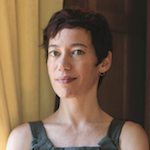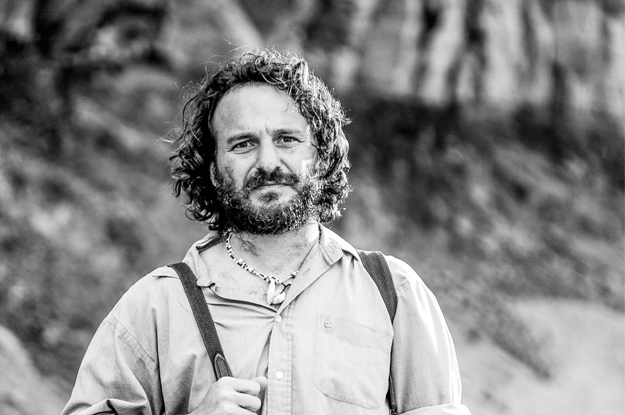This article is adapted from AQ’s print issue on youth in Latin America. See the rest of our Top 5 Latin American journalists.
Rodrigo Abd hunkered down for the night in a Red Cross clinic in Idlib, Syria. He’d crossed over from Turkey with cameraman Ahmed Bahaddou, following the rebel army. They woke to chaos. Bullets crisscrossed the sky. Residents carried in their wounded. It was March 2012, and Bashar Assad’s forces were taking control.
It was time to go, Abd told Bahaddou. They had to travel light. Abd sorted his possessions: He’d take one camera, no clothes. Then he set out his bag of mate, the bitter tea that fuels Abd and other Argentines like him through life, work and — in this case — war.
He looked at Bahaddou. “Do I have to leave my mate?”
His companion looked at him. “No, you take it. It’s part of you.”
Abd’s work in Syria won him a Pulitzer Prize, and awards from World Press Photo and POYi. Postings in Libya and Afghanistan earned him more recognition. But his time in the world’s journalism hot spots brought an unexpected realization: He carries Latin America with him, like his mate. He knows the region, its particularities, its history, and this knowledge gives him insight into his subjects. Abd is Latin American, he got his start in the region, and those are the stories he wants to tell.
“I want to go deep, to try to understand why people do what they do — why is the gangster a gangster? But to do it sin prejuicio,” without prejudice, he told AQ. “The only place I can really do that — talk to the women making tortillas, listen to the radio, put myself in people’s shoes, is Latin America.”
That closeness, sin prejuicio, is visible in Abd’s intimate portraits of gang members and indigenous beauty queens in Guatemala, and his humane coverage of the crisis in Venezuela and illegal mining in Peru.
This is also the advice the veteran Associated Press photographer offers young journalists.
“Tell the stories you know. Go deep,” he said. “It may take more time. It will be lonely. But it will be better.”
—
Barbassa is the managing editor of AQ






